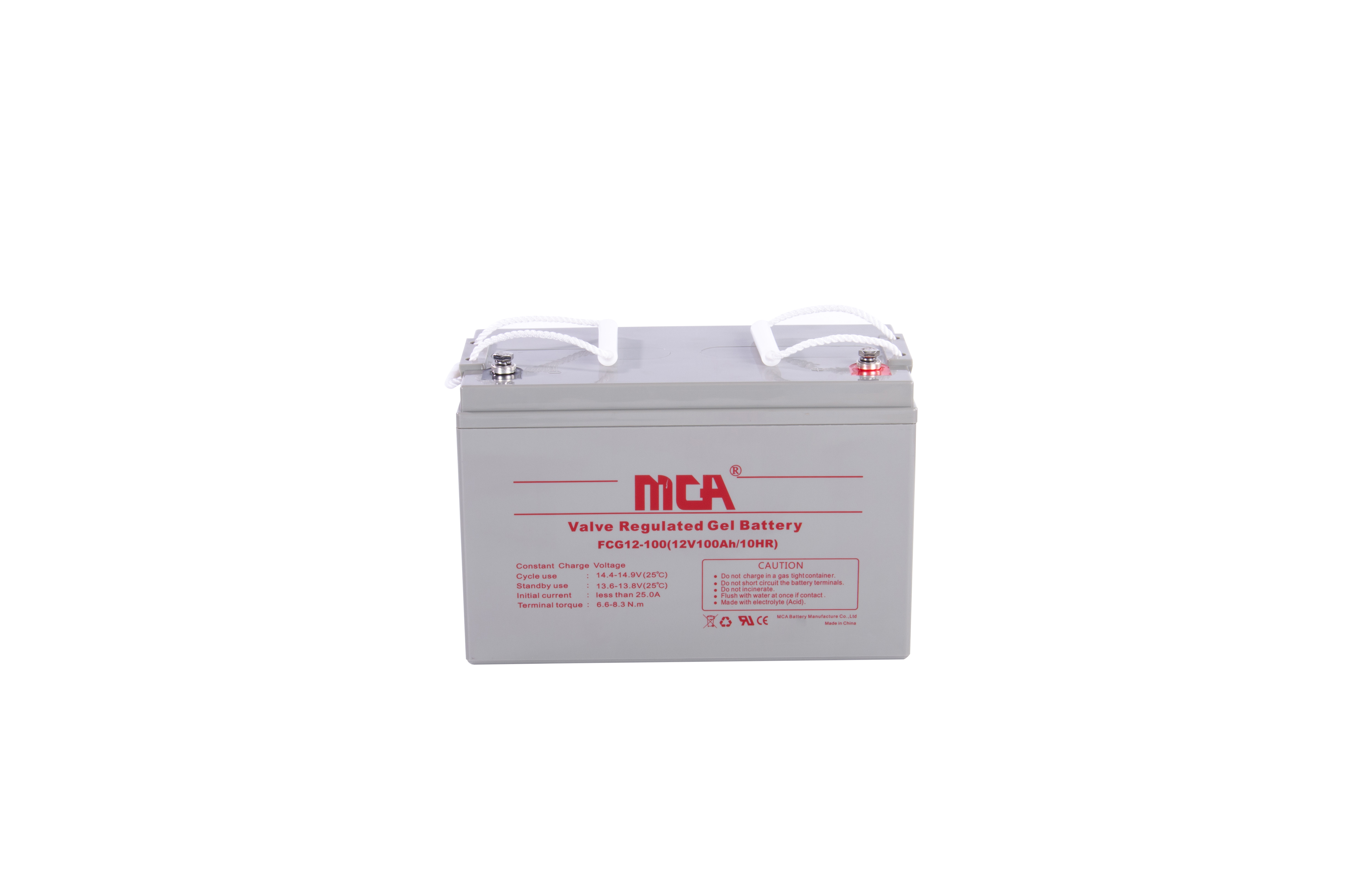12
2025
-
09
The Role of Generation Lithium Batteries in Electric Aviation: Revolutionizing the Future of Air Travel
The Role of Generation Lithium Batteries in Electric Aviation
Table of Contents
- 1. Introduction to Electric Aviation and Lithium Batteries
- 2. Understanding Generation Lithium Batteries
- 3. The Importance of Lithium Batteries in Electric Aviation
- 4. Technological Advancements in Lithium Battery Technology
- 5. Challenges Faced by Lithium Batteries in Aviation
- 6. Future Outlook for Electric Aviation and Lithium Batteries
- 7. Case Studies: Successful Implementations of Lithium Batteries
- 8. Conclusion
- 9. Frequently Asked Questions
1. Introduction to Electric Aviation and Lithium Batteries
The aviation industry stands on the brink of a transformative era, driven by the pressing need for sustainability and efficiency. **Electric aviation** is emerging as a viable solution to reduce carbon emissions and operational costs. At the heart of this revolutionary change lies **generation lithium batteries**, which are redefining how aircraft are powered. These batteries are not only lightweight and efficient but also play a crucial role in enhancing the overall performance of electric aircraft.
2. Understanding Generation Lithium Batteries
**Generation lithium batteries** represent a significant leap forward in battery technology. Unlike traditional lead-acid or nickel-cadmium batteries, lithium batteries offer higher energy density, longer life cycles, and quicker charging capabilities. These attributes make them the preferred choice in various applications, including consumer electronics and electric vehicles, and now, aviation.
What are Generation Lithium Batteries?
Generation lithium batteries, particularly lithium-ion (Li-ion) and lithium polymer (LiPo) variants, utilize lithium compounds as the primary electroactive material. Their design allows for higher voltage output and greater energy storage capabilities, which are essential for the demands of electric aviation.
Key Features of Generation Lithium Batteries
- **High Energy Density**: These batteries can store more energy in a smaller volume, making them ideal for weight-sensitive environments like aircraft.
- **Long Cycle Life**: Lithium batteries can endure numerous charge and discharge cycles, significantly reducing the need for frequent replacements.
- **Rapid Charging**: The ability to charge quickly minimizes downtime, making electric aircraft more efficient.
3. The Importance of Lithium Batteries in Electric Aviation
The importance of lithium batteries in electric aviation can be summarized by their impact on three key areas: **sustainability**, **economic efficiency**, and **technological innovation**.
Sustainability and Environmental Impact
Electric aviation powered by lithium batteries presents a promising solution to reduce the carbon footprint of air travel. With air traffic contributing significantly to global carbon emissions, transitioning to electric planes powered by cleaner energy sources can dramatically lower greenhouse gas emissions.
Economic Efficiency
Operational costs are pivotal in the aviation industry. By utilizing lithium batteries, airlines can significantly reduce fuel expenses. The lower maintenance costs associated with electric aircraft further enhance their economic viability.
Technological Innovation
The integration of lithium battery technology fosters innovation across the aviation sector. From **improved aircraft designs** to **smarter energy management systems**, the collaboration between battery technology and aviation engineering is driving unprecedented advancements.
4. Technological Advancements in Lithium Battery Technology
Recent advancements in lithium battery technology are pivotal for the evolution of electric aviation. Several innovations are shaping the future landscape of this industry.
Solid-State Batteries
One of the most significant advancements is the development of **solid-state batteries**. These batteries replace the liquid electrolyte with a solid material, offering enhanced safety, improved energy density, and a longer operational life.
Fast Charging Solutions
Research into fast-charging solutions aims to minimize downtime at airports. Companies are developing systems capable of charging lithium batteries to 80% capacity within 20 minutes, enhancing operational efficiency.
Battery Management Systems (BMS)
State-of-the-art **battery management systems** monitor battery health, optimize performance, and extend the lifecycle. BMS technology is vital for ensuring the safety and reliability of lithium batteries in aviation applications.
5. Challenges Faced by Lithium Batteries in Aviation
Despite the advantages, lithium batteries face several challenges that must be addressed for widespread adoption in aviation.
Weight and Volume Limitations
While lithium batteries are lighter than conventional batteries, their weight remains a critical factor in aircraft design. Engineers must continually innovate to maximize energy storage while minimizing weight.
Thermal Management
Lithium batteries are susceptible to overheating, which can lead to thermal runaway—a dangerous condition that may result in fires. Effective thermal management systems are essential to ensure the safe operation of electric aircraft.
Regulatory and Safety Concerns
As with any new technology, regulatory hurdles present challenges to the deployment of lithium batteries in aviation. Comprehensive safety standards and regulations must be developed and enforced to ensure public confidence in electric air travel.
6. Future Outlook for Electric Aviation and Lithium Batteries
The future of electric aviation hinges on the continued development of lithium battery technology. Several factors will influence this trajectory.
Investment in Research and Development
Increased investment in research and development is crucial for advancing battery technology. Private companies and governments are allocating funds to explore new materials, improve efficiency, and enhance safety.
Public and Private Partnerships
Collaboration between the aviation sector, battery manufacturers, and research institutions is vital. Such partnerships will facilitate the exchange of knowledge and accelerate innovation.
Regulatory Frameworks
Establishing robust regulatory frameworks will promote the safe introduction of electric aircraft into the commercial market. International cooperation will be essential in setting standards and ensuring safety.
7. Case Studies: Successful Implementations of Lithium Batteries
Several successful implementations demonstrate the capabilities of lithium batteries in electric aviation.
The Pipistrel Alpha Electro
The Pipistrel Alpha Electro is an electric trainer aircraft that utilizes lithium batteries for propulsion. With a flight time of approximately one hour, it showcases the potential of electric aircraft for training purposes.
Electric Vertical Takeoff and Landing (eVTOL) Aircraft
eVTOL aircraft, such as those developed by Joby Aviation and Archer, rely heavily on lithium battery technology. These aircraft aim to revolutionize urban air mobility, providing faster and more efficient transportation.
8. Conclusion
Generation lithium batteries are poised to play a pivotal role in the evolution of electric aviation. Their unique attributes, including high energy density, long cycle life, and rapid charging capabilities, make them ideal for powering the future of air travel. While challenges remain, ongoing advancements in battery technology and collaborative efforts across industries will pave the way for a sustainable and efficient aviation sector. As we look to the future, the integration of lithium batteries in electric aviation promises not only to change how we travel but also to contribute significantly to a greener planet.
9. Frequently Asked Questions
What are generation lithium batteries?
Generation lithium batteries are advanced battery technologies, primarily lithium-ion and lithium polymer, that provide high energy density and rapid charging capabilities.
Why are lithium batteries important for electric aviation?
Lithium batteries are crucial for electric aviation as they offer sustainability, economic efficiency, and technological innovation, helping reduce carbon emissions and operational costs.
What challenges do lithium batteries face in aviation?
Challenges include weight limitations, thermal management issues, and the need for comprehensive regulatory frameworks to ensure safety.
How do solid-state batteries enhance electric aviation?
Solid-state batteries improve safety and energy density while potentially increasing the operational lifespan of batteries used in electric aircraft.
What is the future outlook for electric aviation?
The future of electric aviation looks promising, with ongoing research, public-private partnerships, and advancements in battery technology shaping a sustainable and efficient aerial transport system.
By leveraging the power of generation lithium batteries, the electric aviation industry is set to take flight, bringing about unprecedented changes in how we think about air travel.
Relevant News









